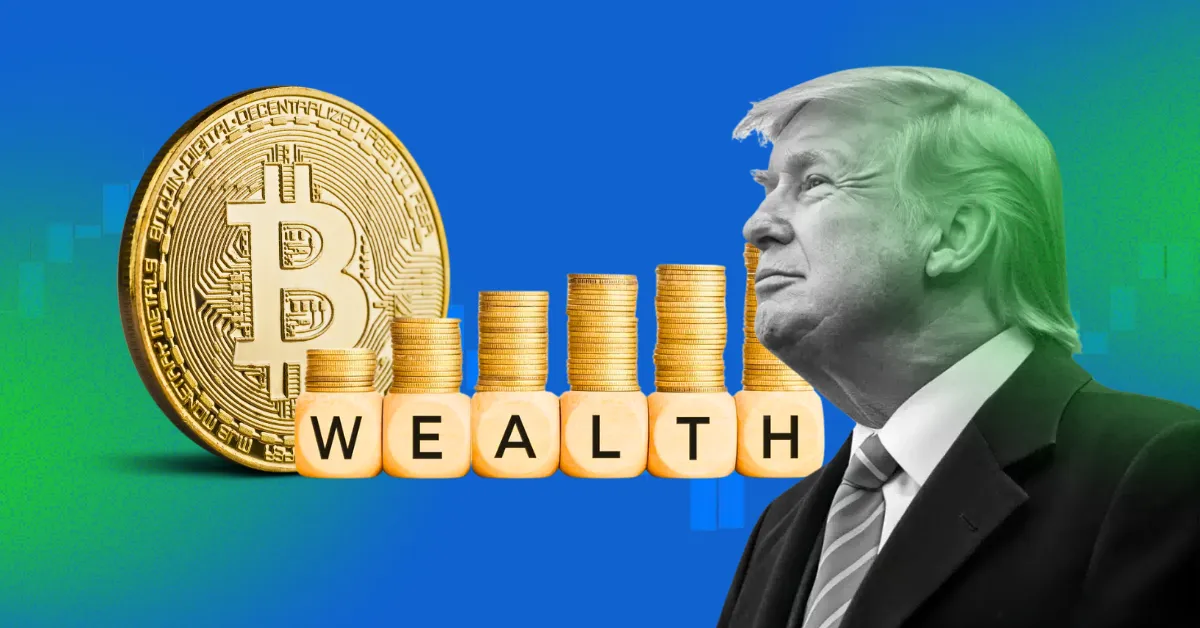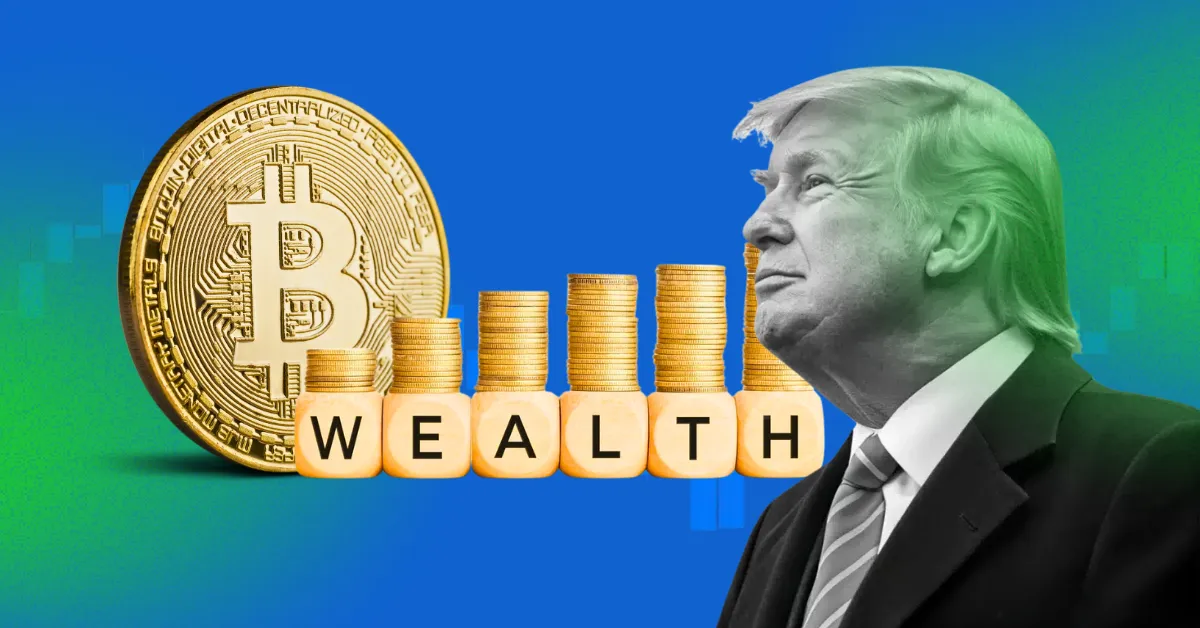The United States is at a pivotal moment in its economic strategy, with the potential adoption of Bitcoin as a state asset through the establishment of a Strategic Bitcoin Reserve. This initiative, spearheaded by the Trump administration, represents a significant departure from traditional reserve assets like gold and underscores the growing importance of digital currencies in the global financial landscape. The forthcoming crypto report, scheduled for release on July 22nd, will provide a detailed roadmap for this ambitious endeavor, outlining the motivations, funding mechanisms, and broader implications of integrating Bitcoin into the nation’s economic framework.
The Strategic Bitcoin Reserve is not merely a speculative venture but a calculated move to position the United States as a leader in the digital economy. Several factors drive this strategic shift, including the desire to assert global leadership in the digital asset space, diversify the nation’s economic holdings, and foster technological innovation. By embracing Bitcoin, the US aims to attract crypto-related businesses and talent, further solidifying its position as a hub for financial and technological advancement.
One of the most critical aspects of this initiative is the funding mechanism. The US government is exploring several innovative strategies to accumulate Bitcoin without burdening taxpayers. These include reallocating tariff revenue, revaluing gold certificates, and utilizing seized crypto assets obtained through illicit activities. These approaches demonstrate a commitment to building the reserve in a fiscally responsible manner, ensuring that the initiative does not impose a direct financial strain on American citizens.
The highly anticipated crypto report, set to be released on July 22nd, is expected to provide a comprehensive blueprint for the Strategic Bitcoin Reserve. Industry experts anticipate that the report will address key areas such as reserve management, market impact, regulatory frameworks, and broader digital asset policies. Additionally, the report is likely to outline measures to ensure fair banking access for cryptocurrency companies, fostering a more inclusive financial ecosystem.
Integrating Bitcoin into the US financial system presents both challenges and opportunities from a tax perspective. The IRS has already issued guidance on the tax treatment of cryptocurrencies, but the establishment of a Strategic Bitcoin Reserve will necessitate further clarification and refinement of these rules. Clear guidelines on capital gains, tax reporting, and compliance will be essential to ensure the smooth operation of the reserve and maintain transparency in its financial dealings.
The Strategic Bitcoin Reserve holds the potential for significant benefits, including increased confidence in the cryptocurrency market, economic growth, and financial innovation. However, it also entails certain risks, such as price volatility, security threats, and regulatory uncertainty. A comprehensive risk management framework will be crucial to mitigate these potential downsides and ensure the long-term success of the initiative.
Beyond Bitcoin, the US is also developing a broader digital asset strategy that includes exploring the potential of stablecoins, tokenization, and other blockchain innovations. Stablecoins, pegged to stable assets like the US dollar, could facilitate faster and cheaper transactions, while tokenization involves representing real-world assets as digital tokens on a blockchain. By embracing a diverse range of digital assets, the US can unlock new opportunities for economic growth and innovation.
In conclusion, the US Strategic Bitcoin Reserve represents a bold step towards embracing the future of finance. By strategically integrating Bitcoin into its economic framework, the US aims to solidify its position as a global leader in the digital asset space. While challenges and risks remain, the potential benefits are substantial. As the July 22nd report approaches, the world awaits with anticipation, eager to learn the details of this groundbreaking initiative and its implications for the global economy. The journey into the digital frontier has begun, and the United States is determined to lead the way.












